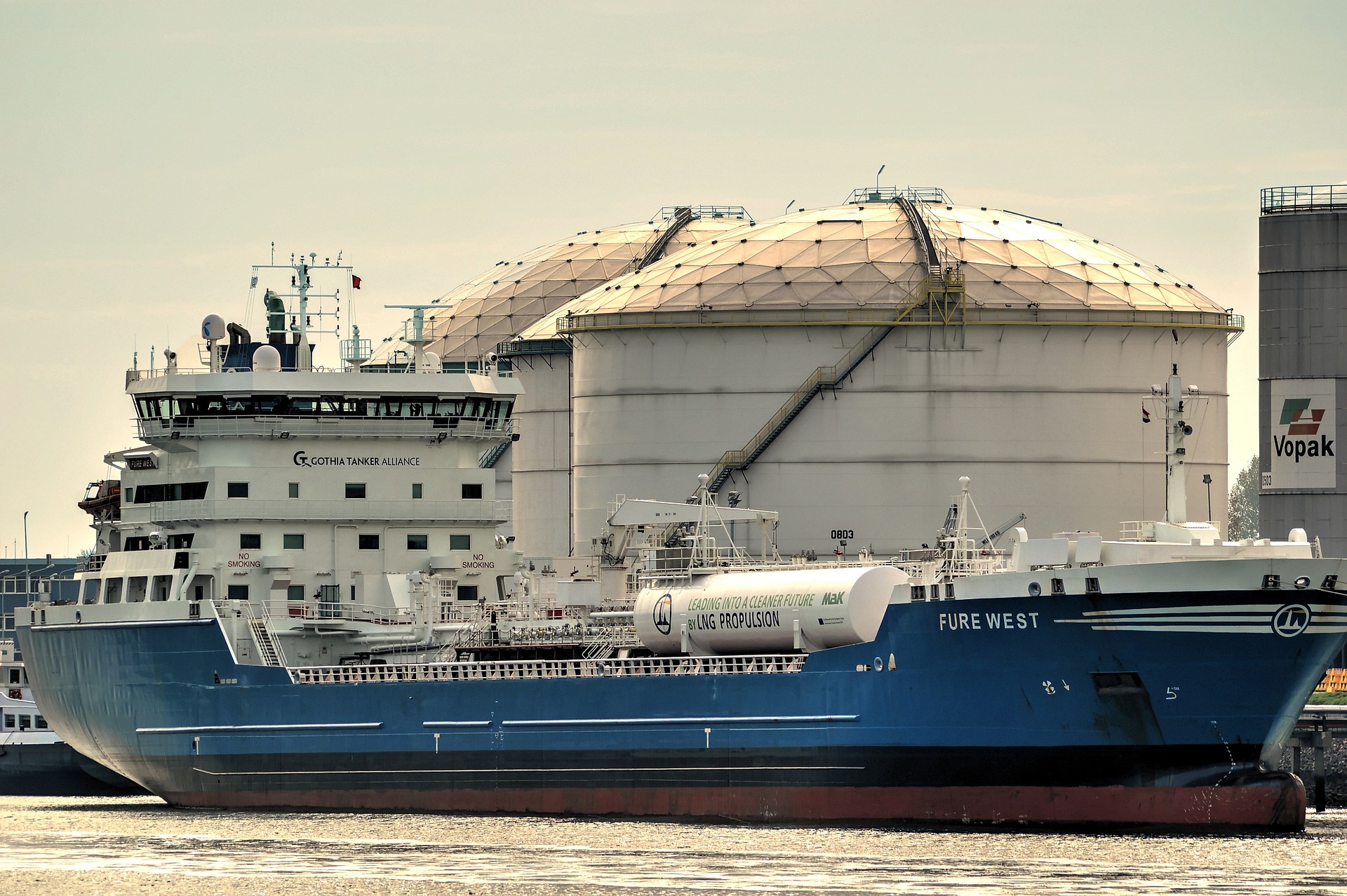A Finnish court has upheld the decision to seize the oil tanker Eagle S, which is suspected of being involved in damaging critical undersea cables in the Baltic Sea. The vessel is at the center of an ongoing investigation into an incident on Christmas Day, when the Eagle S was believed to have caused significant damage to the Estlink 2 power cable and four telecommunications cables in the Gulf of Finland. Finnish authorities are also examining possible violations of international sanctions due to the ship’s Russian oil cargo.
The Helsinki District Court on Friday ruled to deny the release of the Eagle S, affirming the seizure initially carried out by the Finnish National Bureau of Investigation (NBI). The authorities are treating the incident as aggravated arson and interference with telecommunications, a serious offense with implications for both national security and international relations.
Investigation and Potential Damages
Cable operators Fingrid, Elisa, and Elering, which own the damaged cables, have expressed strong interest in the confiscation of the ship to ensure the ability to seek compensation. Fingrid, a Finnish energy company, has estimated that the damage caused could reach tens of millions of euros, further emphasizing the gravity of the incident. The damage to critical infrastructure in the Gulf of Finland has raised concerns about the vulnerability of undersea cables, which are essential for power and telecommunications connections between countries in the region.
The Eagle S was detained following suspicions that it was involved in the damage, with investigators working to determine whether the vessel’s actions were intentional or the result of negligence. While the ship’s owner, represented by lawyer Herman Ljungberg, objected to the seizure, accusing authorities of improperly “hijacking” the vessel, the court decided to keep the proceedings confidential to protect the integrity of the investigation.
Legal and Geopolitical Implications
This legal decision adds to the complex geopolitical context surrounding the Eagle S case. The vessel’s cargo, believed to include Russian oil, has drawn scrutiny due to ongoing sanctions against Russia, which have targeted various sectors, including energy exports. Authorities are investigating whether the ship’s operations violated international sanctions, adding another layer of complexity to the case.
The situation highlights ongoing security concerns in the Baltic Sea, where undersea cables and energy infrastructure have become increasingly vulnerable to interference, particularly amid heightened tensions between Russia and Western countries. While the Eagle S is currently at the center of this investigation, broader concerns about the protection of critical infrastructure in the region are expected to persist.
Conclusion
The decision by Finland’s Helsinki District Court to maintain the seizure of the Eagle S underscores the seriousness with which Finnish authorities are approaching the investigation into the damage to undersea cables in the Baltic Sea. The case involves not only potential criminal activity but also questions of international sanctions compliance. With investigations continuing, the resolution of this case will have significant implications for both legal accountability and the protection of critical infrastructure in the region.



